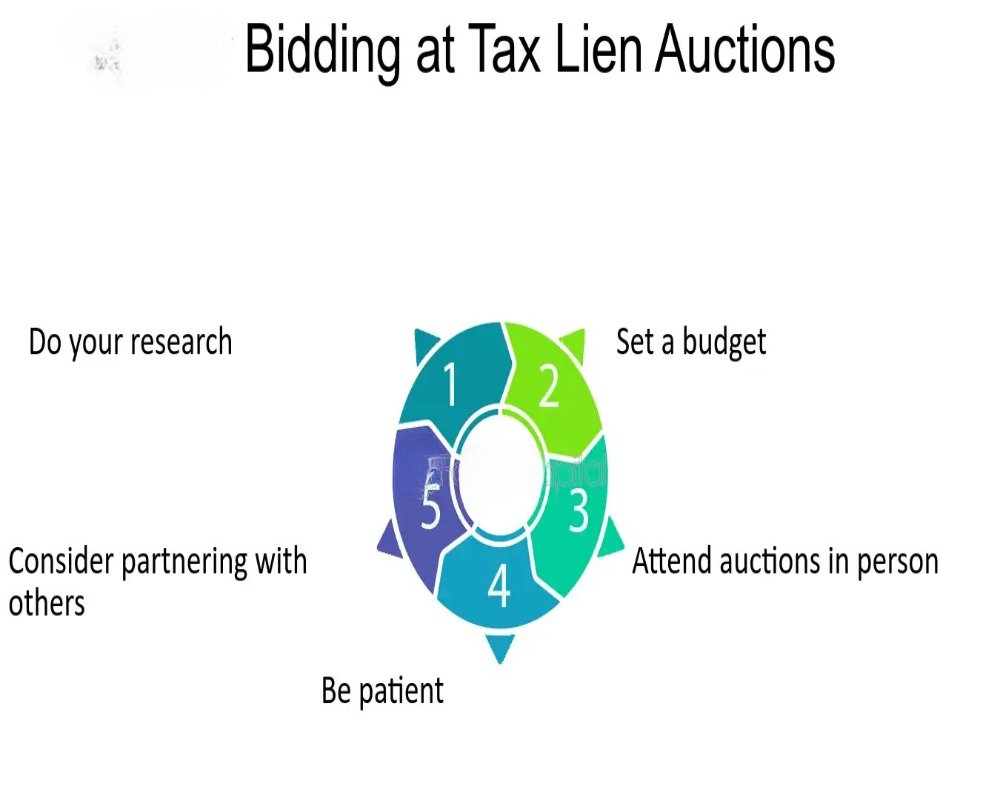Introduction
Tax lien auctions serve as an essential mechanism for local governments to recover delinquent property taxes while offering investors an opportunity to earn interest income or, in some cases, acquire property. For investors, participating in these auctions requires more than just financial interest—it demands strict adherence to a set of legal, procedural, and documentation-related requirements. These requirements ensure transparency, fairness, and efficiency in the auction process. Whether conducted by counties, municipalities, or state authorities, each tax lien auction will have its own bidding standards, and understanding these in detail is crucial for successful participation.
Eligibility and Registration Procedures
To participate in a tax lien auction, the first requirement is legal eligibility. In most jurisdictions, bidders must be at least 18 years old and legally authorized to enter into binding financial agreements. Corporations, trusts, and partnerships can also bid, provided they register under the name of a qualified representative and furnish the required documentation. Many jurisdictions require bidders to have no outstanding property taxes or liens themselves within that county or state to prevent conflicts of interest.
Pre-Auction Registration is mandatory and typically involves filling out forms either online or in person, depending on the auction format. Bidders may need to disclose their identity, contact details, tax identification numbers, and in some cases, prior experience or financial background. Institutional bidders may be required to submit proof of incorporation and authorization letters for designated representatives.
Payment of Earnest Money or Deposit
Most tax lien auctions require participants to submit an earnest money deposit (EMD) or registration fee to confirm their intent and ability to participate. This fee varies depending on the jurisdiction and may be a flat amount or a percentage of the expected purchase. In online auctions, bidders often fund a virtual wallet before bidding begins. This deposit is typically refundable for unsuccessful bidders, but failure to honor a winning bid may lead to forfeiture of the deposit.
Understanding Auction Rules and Legal Terms
Before bidding, participants must agree to the auction terms and conditions, which outline bidding procedures, payment timelines, redemption laws, and liability clauses. These documents explain how the auction will be conducted, how interest will accrue, what happens during redemption, and under what conditions a lien can lead to foreclosure. Many jurisdictions mandate bidders to acknowledge and accept the “as-is, where-is” nature of the liens, meaning no warranties are provided regarding the property’s condition or encumbrances.
Compliance with Tax Regulations
In the United States, bidders may be required to submit a W-9 form (for individuals) or a W-8BEN form (for foreign investors) to ensure compliance with IRS reporting rules. Tax lien interest income is reportable and subject to taxation. Some states require bidders to register for a tax certificate investor number or obtain a state-level taxpayer ID, especially when participating in multiple sales.
Technical Requirements for Online Auctions
With the rise of digital auction platforms, participants must meet technical access standards. This includes reliable internet connectivity, secure login credentials, and sometimes, multi-factor authentication. Bidders should familiarize themselves with the bidding interface, test their login prior to the auction, and understand how automated bidding tools or proxy bids work. Technical lapses during an online auction may disqualify bids or lead to missed opportunities.
Funding and Payment Requirements
Successful bidders must be able to pay the full lien amount—which includes the base tax amount, penalties, interest, and administrative fees—within a short timeframe, usually 24 to 72 hours. Payment must be made through approved methods such as bank drafts, certified checks, wire transfers, or online payment systems. Failure to meet the deadline may result in the cancellation of the sale and forfeiture of deposits.
Redemption and Foreclosure Compliance
Winning a tax lien does not guarantee property ownership. Bidders must be prepared to monitor redemption periods, send legally required notices to property owners, and initiate foreclosure proceedings if necessary. Many jurisdictions set strict timelines and procedural steps that must be followed to preserve the lienholder’s rights. Bidders are expected to comply with notification laws, file documentation correctly, and pursue quiet title actions if they seek ownership after the redemption period expires.
Conclusion
Establishing bidding requirements for tax lien auctions involves a blend of legal eligibility, financial readiness, procedural compliance, and technical preparation. Each jurisdiction sets its own standards, but common themes include pre-registration, earnest money deposits, acceptance of legal terms, and post-auction payment within tight deadlines. Investors interested in tax lien strategies must prepare well in advance—studying local rules, understanding lien valuation, and ensuring they meet all participation criteria. With the right preparation, tax lien auctions can offer a structured and rewarding entry point into real estate investing, but they demand precision, discipline, and full regulatory compliance from every bidder.




